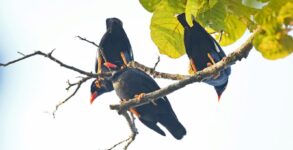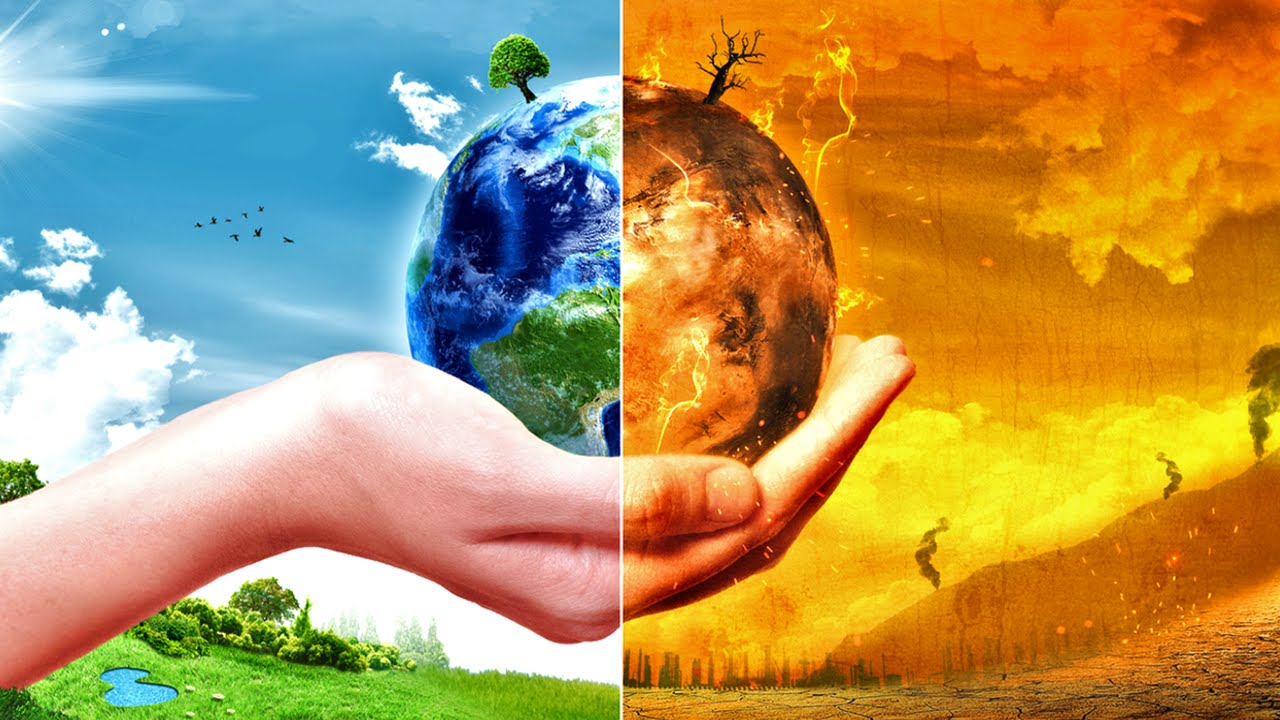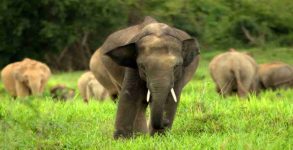World Environment Day is celebrated every year on June 5. There is a grand celebration of this day across the globe. This year has been acquired by the coronavirus pandemic. Lakhs of people are dying with each passing day. There has been a humanitarian crisis all over the world, and India is the epitome of the crisis.
The new coronavirus (SARS-CoV2) has generated an unprecedented impact in most countries of the world. The virus has affected almost every country on the planet (213 in total). The crisis is severe.
On the environment front, the pandemic has been a blessing for the biodiversity. The impact of the virus on our environment has been positive. On the occasion of the World Environment Day 2020, we are going to share with you the impacts of coronavirus on our environment:
Reduction of environmental noise level
Environmental noise is one of the main sources of discomfort for the population and the environment, causing health problems and altering the natural conditions of the ecosystems.
It is an unwanted sound that could be generated by anthropogenic activities, for instance, industrial or commercial activities, the transit of engine vehicles, and melodies at high volume.
The quarantine measures implemented by governments across the world has been a major help in the reduction of environmental noise.
Decreased concentrations of NO2 and PM 2.5
After the implementation of the lockdown, there has been a decrease in contaminated air. The concentrations of NO2 and PM 2.5 have been decreased in the air as enormous industries in the world have been shut down.
According to the World Health Organization(WHO), 1% of the world population lives in places where poor air quality exceeds the permissible limits. The pandemic has dropped the air pollution.
China implemented strict traffic restrictions and self-quarantine measures to control the expansion of SARS-CoV2. These steps generated changes in air pollution. Due to quarantine, NO2 was reduced by 22.8 μg/m3 and 12.9 μg/m3 in Wuhan and China, respectively. PM 2.5 fell by 1.4 μg/m3 in Wuhan but decreased by 18.9 μg/m3 in 367 cities.
Improvement in Water quality:
While human health and life are our primary and immediate concerns to highlight, water and environmental systems from local to regional scales have seen discernible positive impacts due to the reduction of pollutant loading from industries, vehicle emission, and other sources.
The Florida Department of Health recently tested water samples during the lockdown from Key Biscayne to Golden Beach as part of the Florida Healthy Beaches program. The samples showed good water quality at almost all of the beaches.
The River Ganga is one of India’s most sacred rivers. It is also one of the world’s most polluted rivers with industrial wastes, agricultural and tourism wastes. However, within four weeks of the complete shutdown of 1.3 billion in India, reports started to emerge about how clean the waters of the Ganges had become from the foothills of the Himalayas through to the Ganges’ mouth by the City of Kolkata. In some places, the waters had even become drinkable again for the first time in two decades.
Effect on Wildlife:
The novel coronavirus has a great effect on the wildlife. As humans are locked inside their houses, the wildlife is flourishing. The pandemic has been proved as a boon.
Around the world, as beaches are shut, turtles have been returning to hatch. Most species of turtles are endangered, with tourism often disturbing fragile breeding grounds on prime beach locations. The quiet times at beaches have given more space for turtles to lay their eggs. The nests of the endangered Leatherback Turtles in Phuket, Thailand are at their highest levels for 20 years.
The endangered otter had been in decline in Malaysia over many years. However, during the coronavirus lockdown, otters were spotted in the usually crowded Putrajaya Lake and several other lakes inland within Malaysia.
Meanwhile, the National Aeronautics and Space Research (NASA), has funded four projects that will aid researchers by using satellite imagery and other data resources to correlate the impact of pandemic-related lockdowns to global pollution levels. One such project looks to study the perceived gains in air quality in different countries by linking satellite data to multiple data sets like weather, traffic-related information, and temperature.
John Haynes, NASA’s program manager for Health and Air Quality Applications said, “NASA has a unique role to play in response to this crisis. As we continue to collect Earth-observing satellite data on a global scale, we can aid in the understanding of global changes resulting from the pandemic, as well as investigate potential environmental signals that may influence the spread of COVID-19.”























